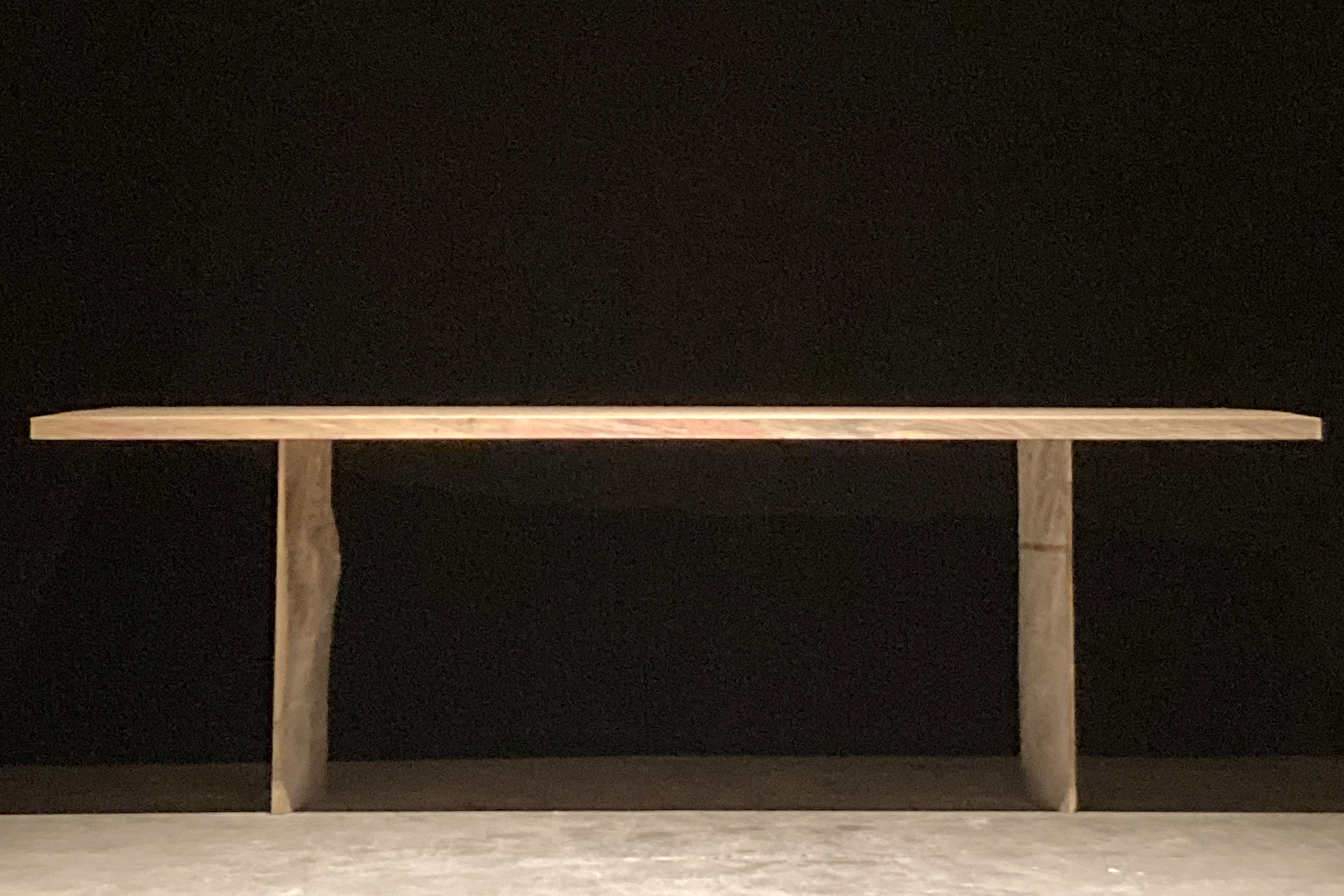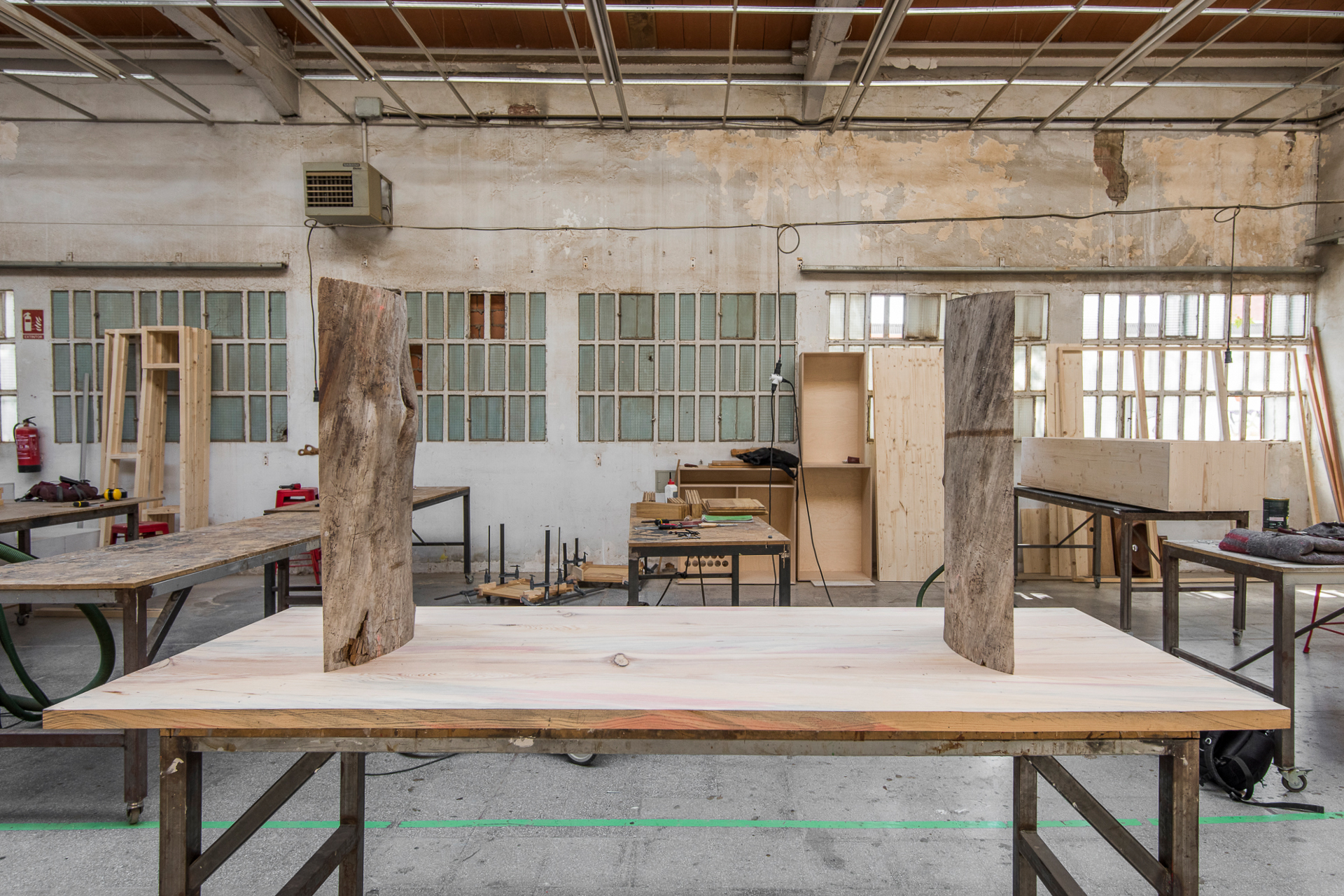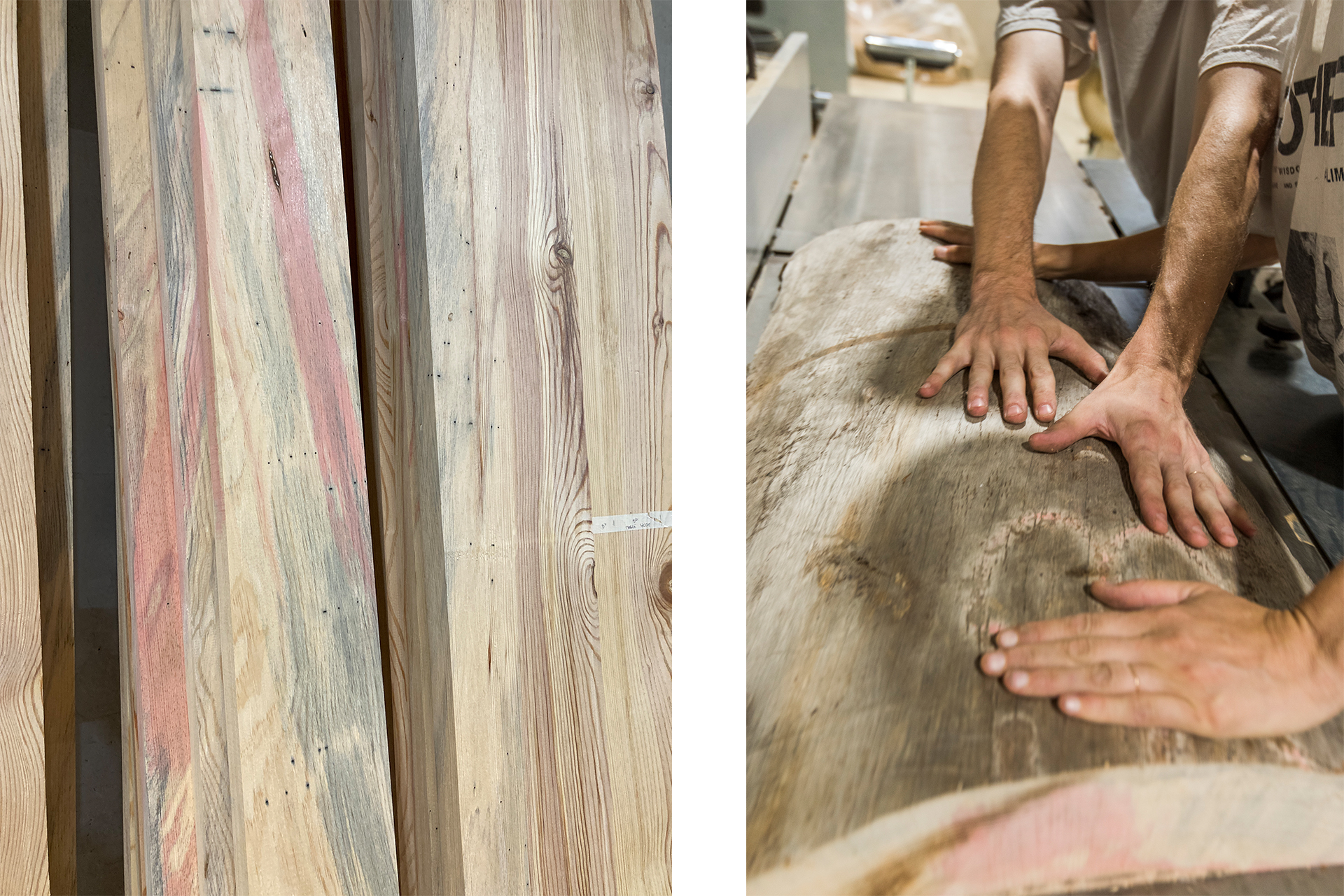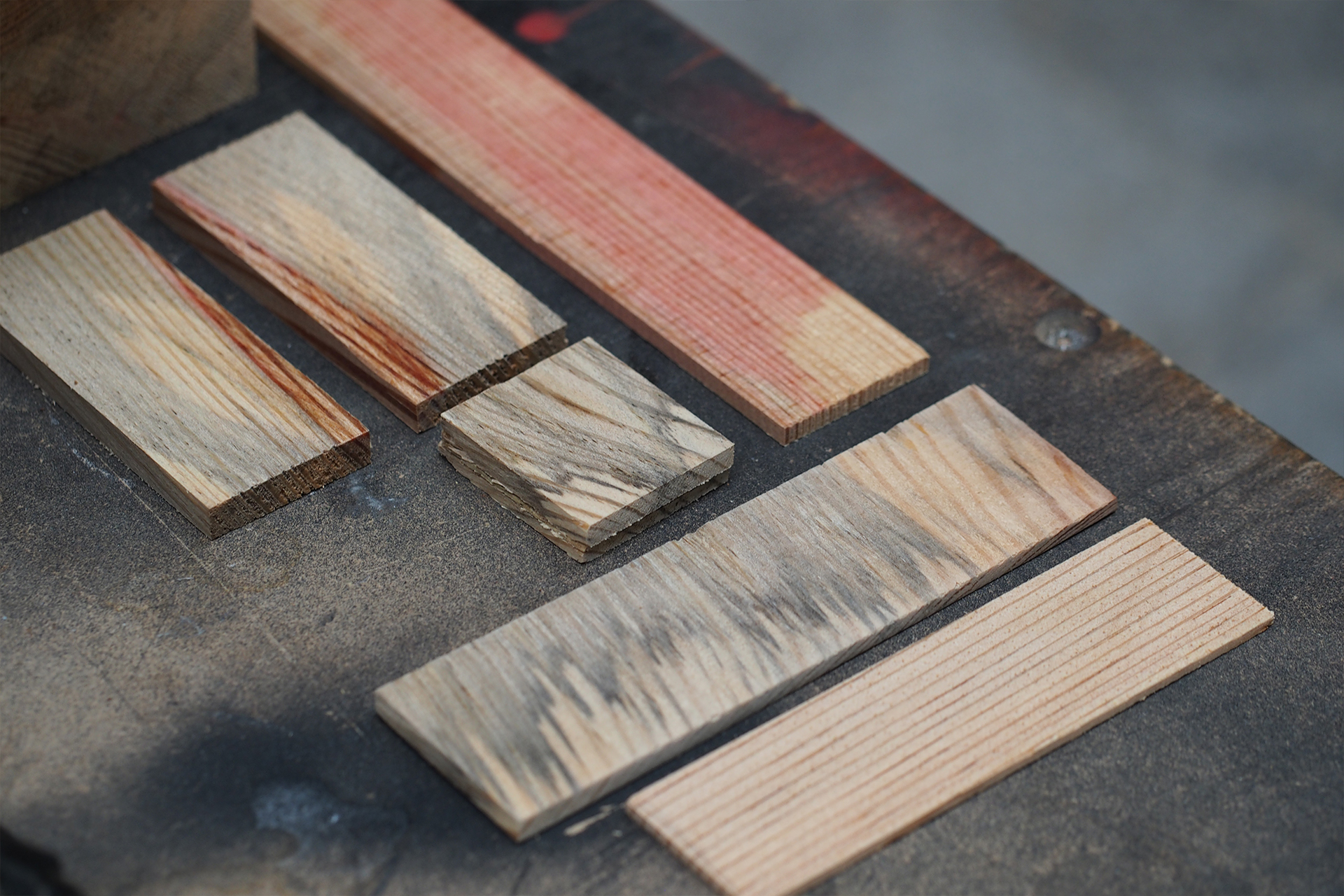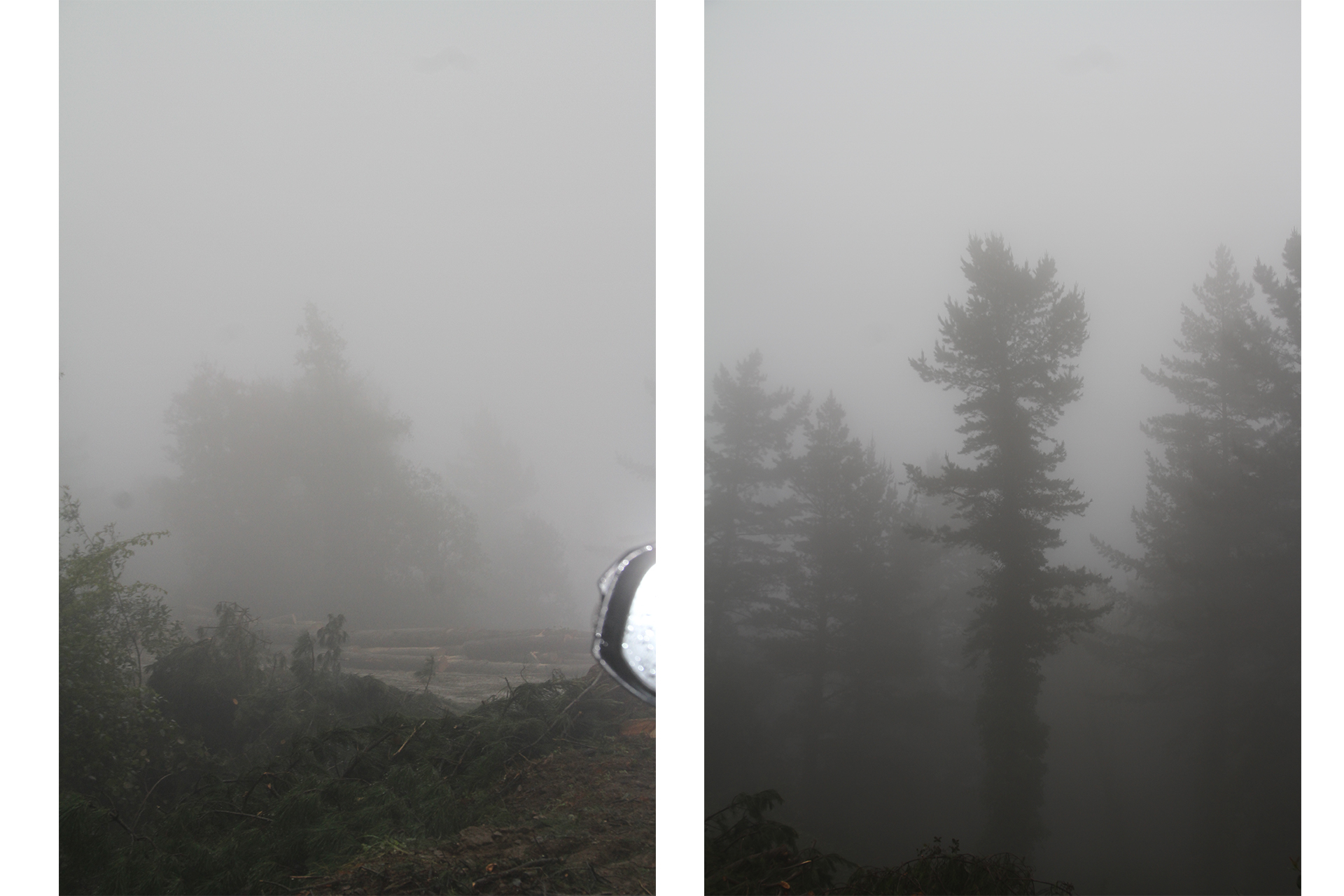Dissident Matter, 2023
Catalonia, unlike other territories, is a region where forests are young, occupy a large area and are very vulnerable to fires, pests and hydric stress. These forests are no longer wild but rather a constructed environment resulting from a human-nature relationship. Therefore, there is a need to develop new types of relationships with trees and forests in order to create new economies and ecologies around them.
Thanks to thinkers like Bruno Latour, we are beginning to accept the idea that the nature that surrounds us is more a space produced by human beings than the “wild nature” typical of pre-agricultural periods. Since they are no longer self-regulating, the forests in Catalonia depend on their relationship with people.
Most of the wood from these forests is used for biomass. Singular Wood is an association that aims to reclaim the value of this wood beyond biomass. They take care of forests by removing fallen trees and chopping down others in order to favour slow-growing species. To support this project, I bought a stone pine from Montnegre that cost me around €500. Through this, I also met another community linked to the pine tree forest in Vallirana, where they harvest the forest for resin.
The wood was full of holes from wood worms, and other forms of yellow, blue and pink fungi had invaded the wood. It was a non-homogeneous, non-normative piece of wood that went against the aesthetics of industrial wood and featured irregularities due to growth within the forest. After some research of the bark, resin, leaves and branches, I began to work with the trunk.
The whole process made me question the idea of quality and led me to the need to create new definitions. These new definitions require an ancestral and eco-feminist perspective in which human/non-human relationships are more fluid and allow for new nuances and approaches.
The research ended with the construction of two tables and four benches. The irregularity of the wood was celebrated, with its stains, main features and worm holes visible. This new idea of quality led me to think about one’s relationship with a territory and how we become emotionally connected to objects, whether made from natural or synthetic materials, and how we can create new, durable relationships with them.
A project made in collaboration with L’Afluent, a cultural cooperative.
Exhibited at Il·lacions Gallery
Read the article on A*Desk
-
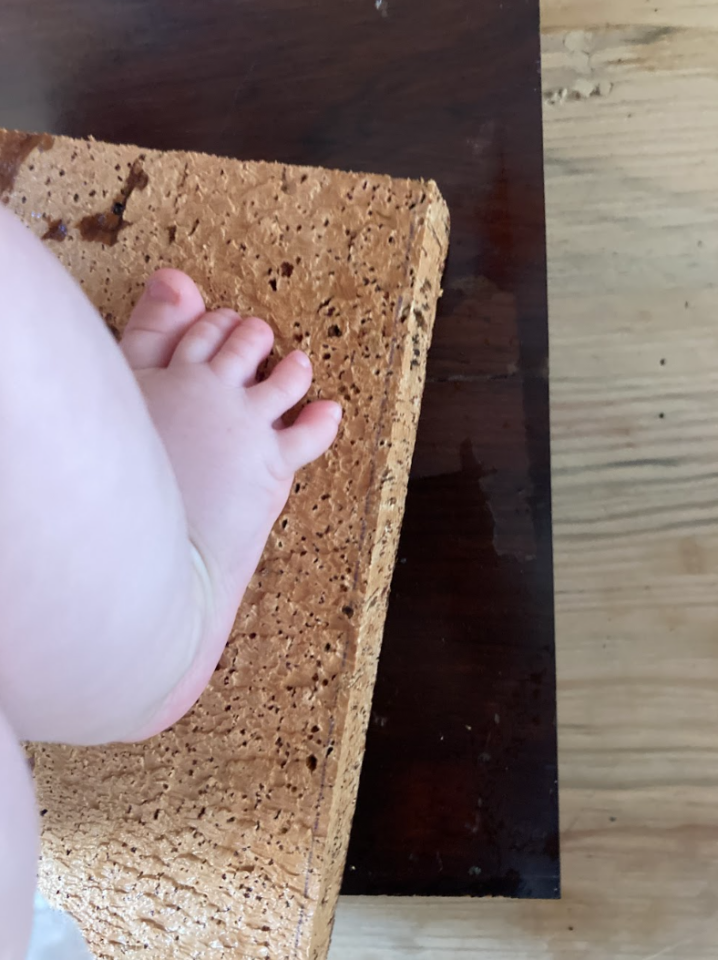 Matter Matters Exhibition
Matter Matters Exhibition -
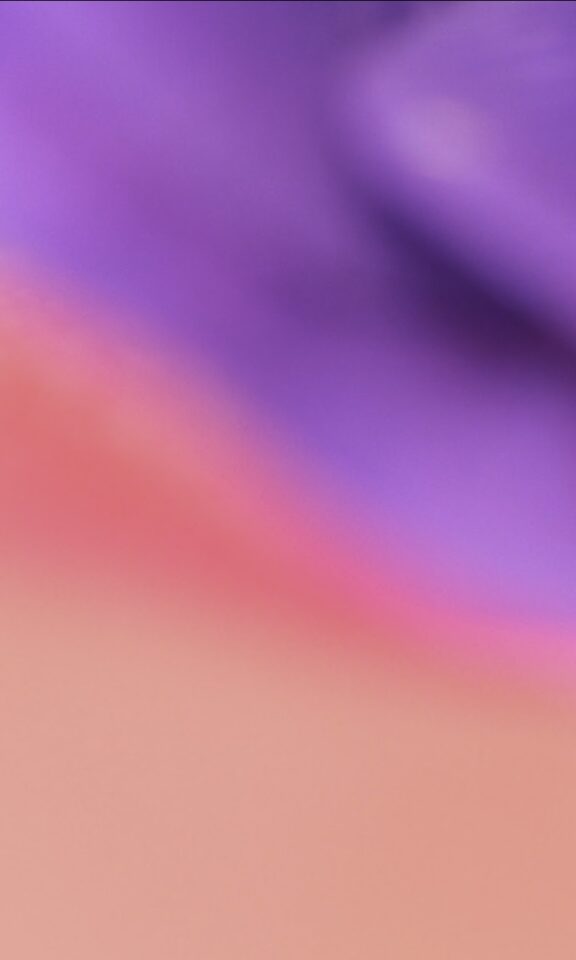 Color curation, 2023
Color curation, 2023 -
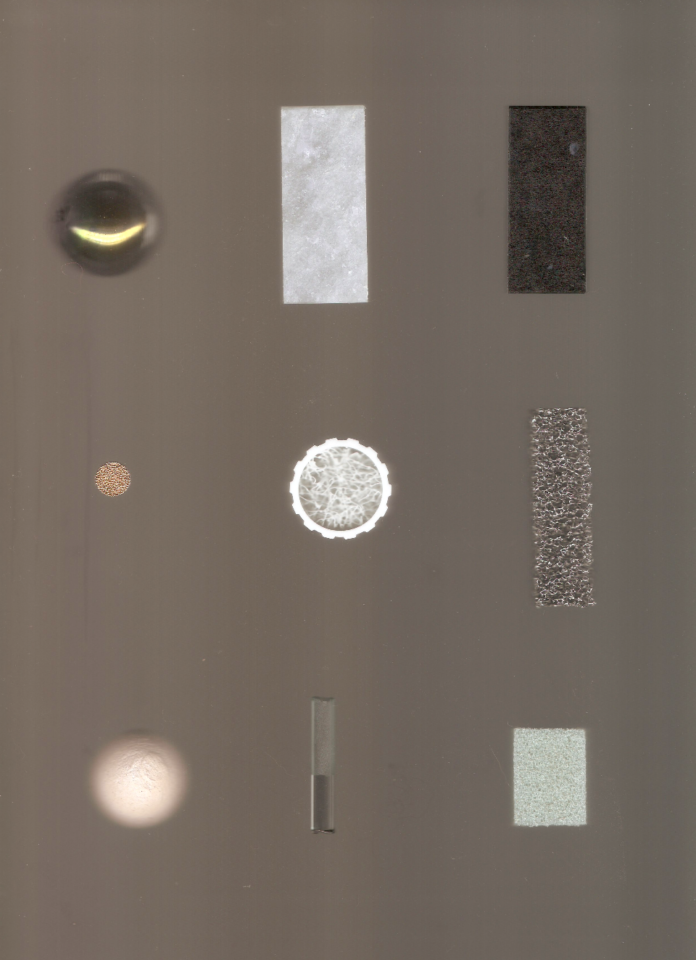 Materials x Culligan at Holon, 2023
Materials x Culligan at Holon, 2023 -
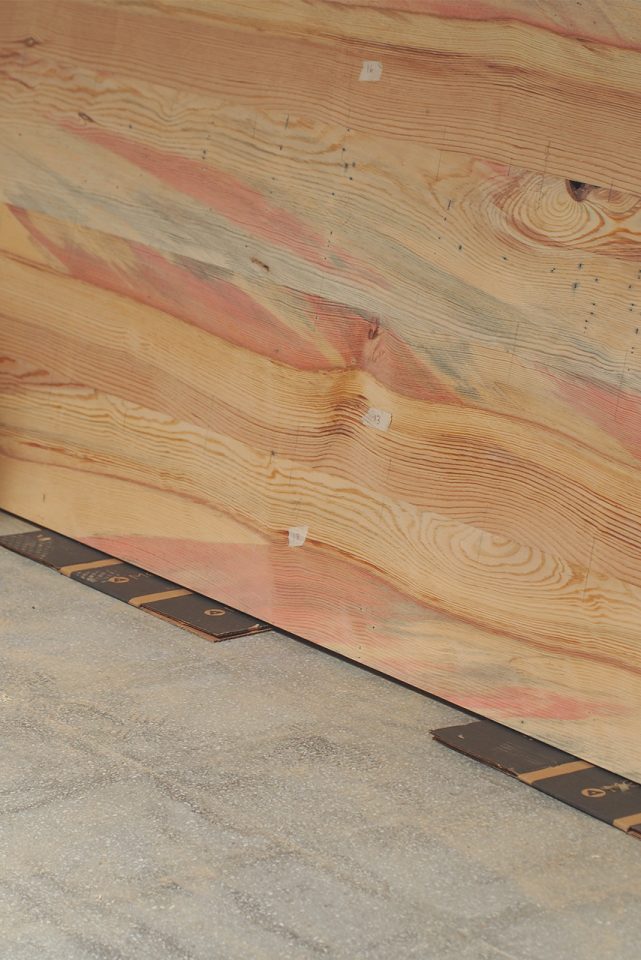 Dissident Matter, 2023
Dissident Matter, 2023 -
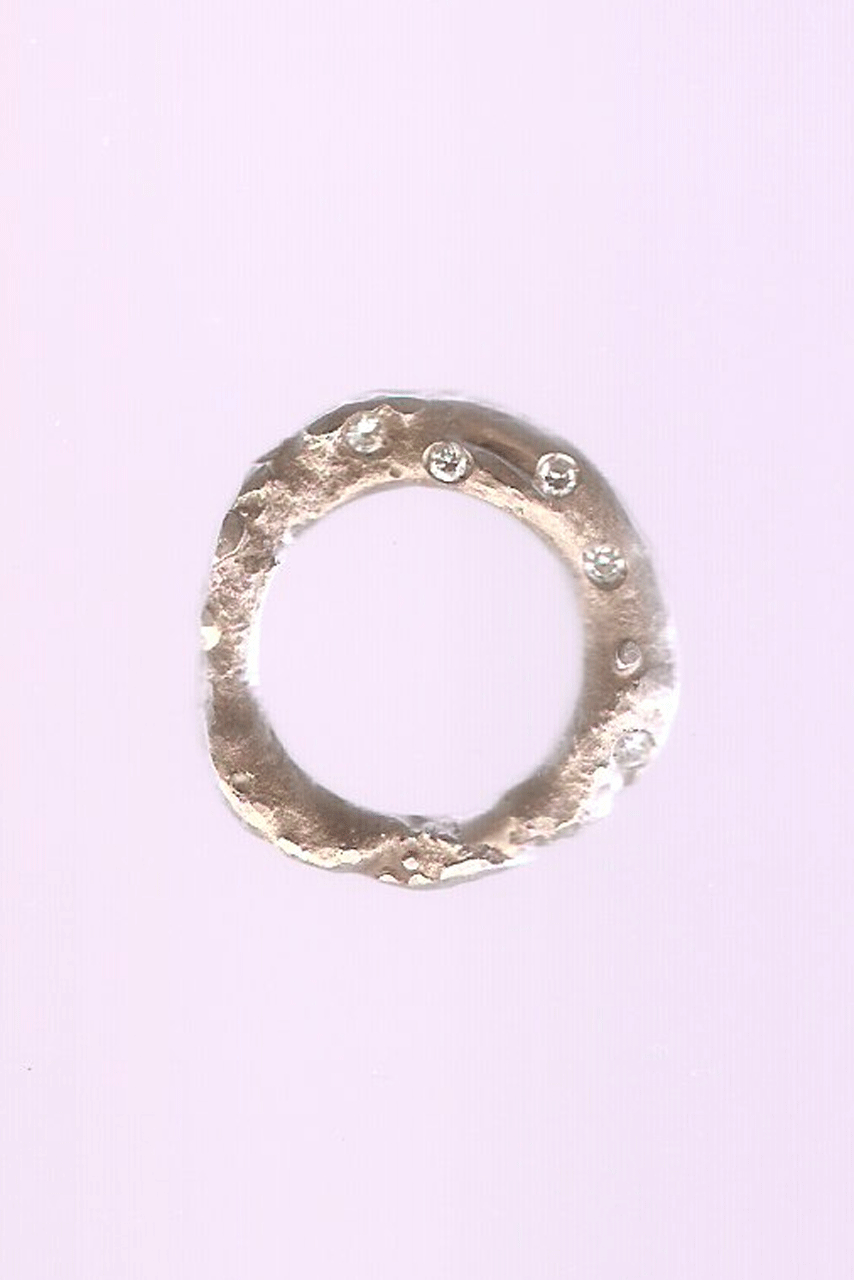 Heritage, 2022
Heritage, 2022 -
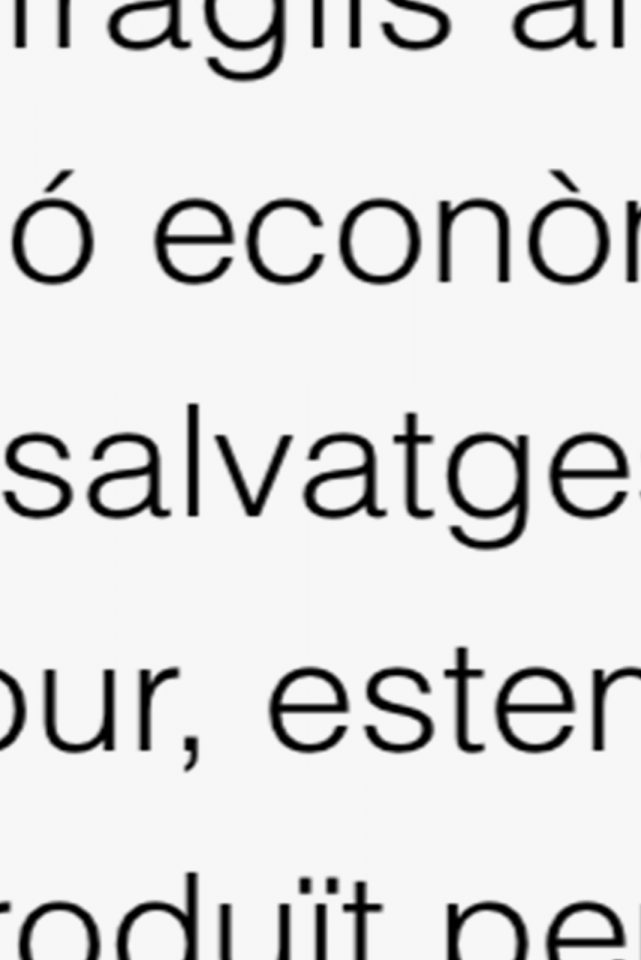 Article A*Desk, 2022
Article A*Desk, 2022 -
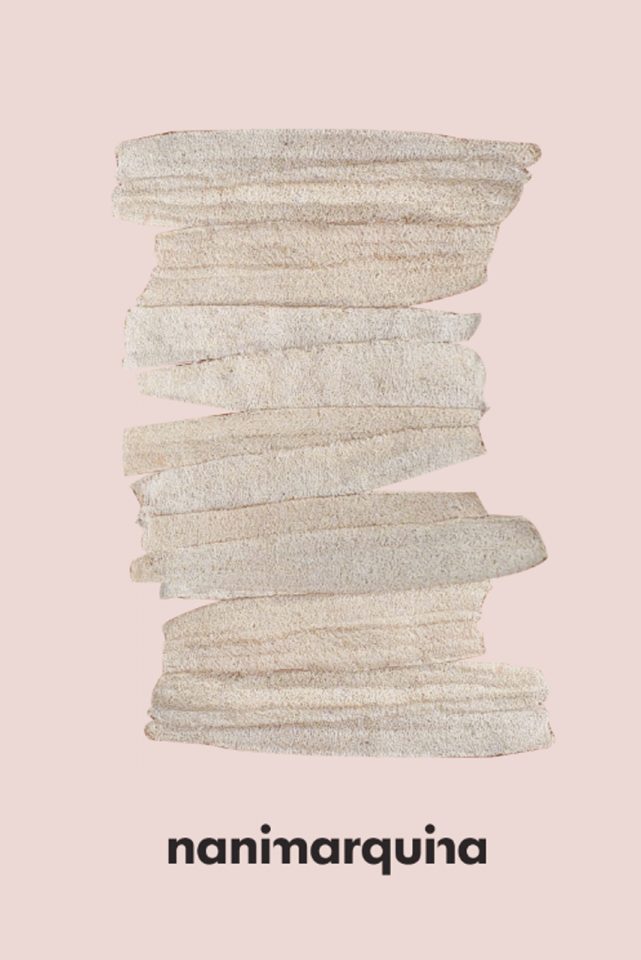 Design guide, 2022
Design guide, 2022 -
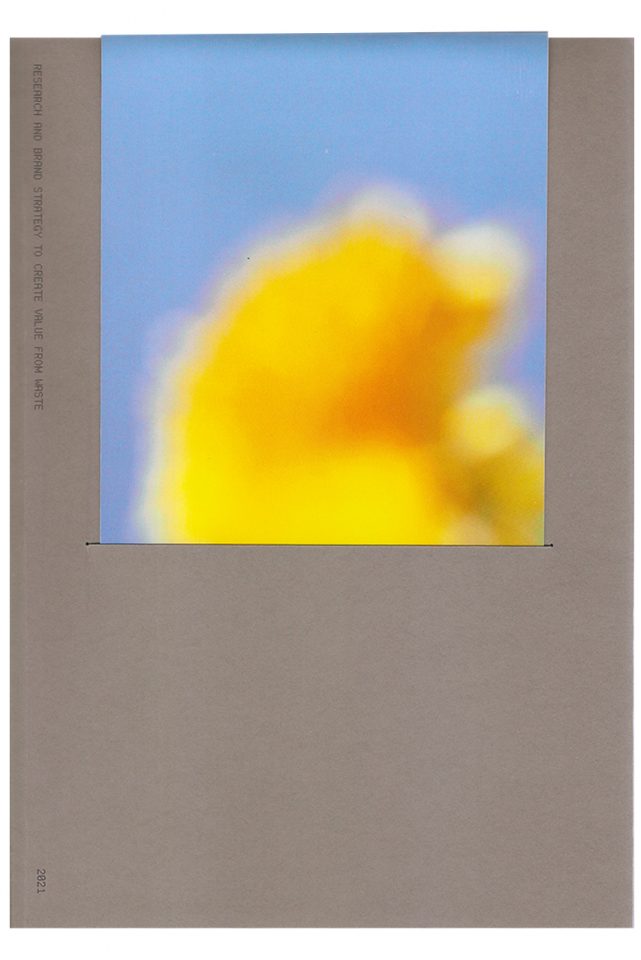 Prewaste, 2021
Prewaste, 2021 -
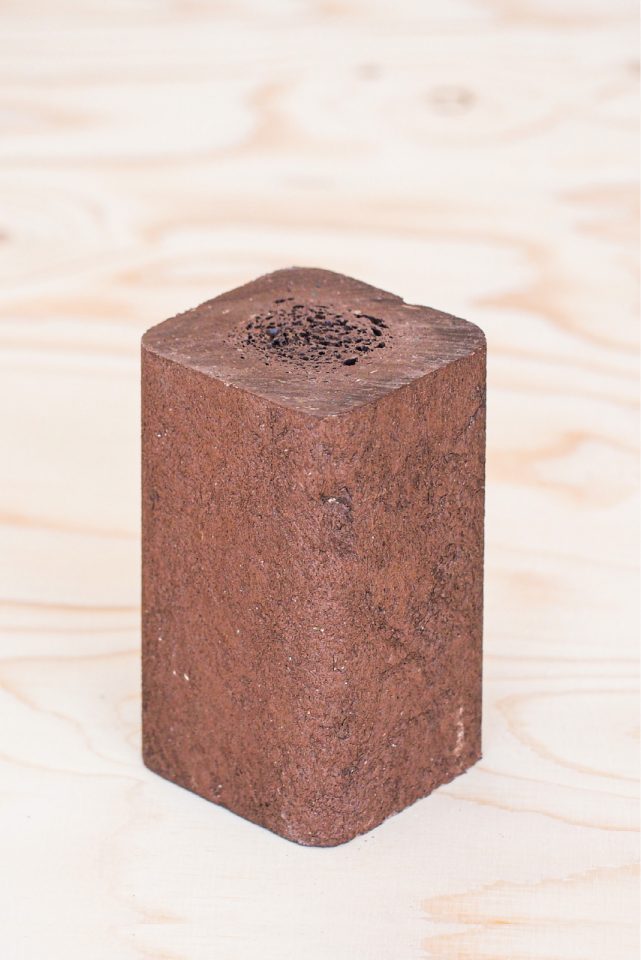 Transforma workshop, 2020
Transforma workshop, 2020 -
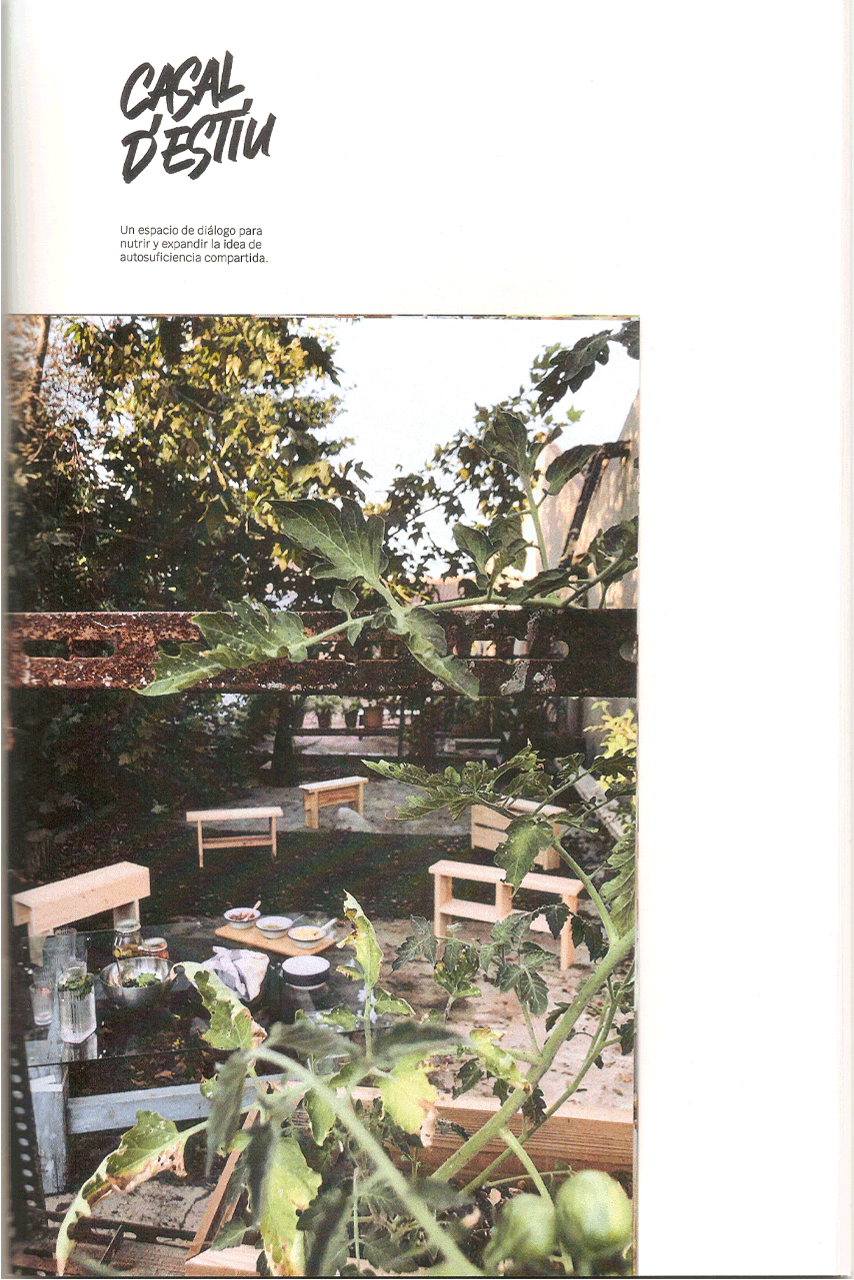 Casal d’Estiu, 2020
Casal d’Estiu, 2020 -
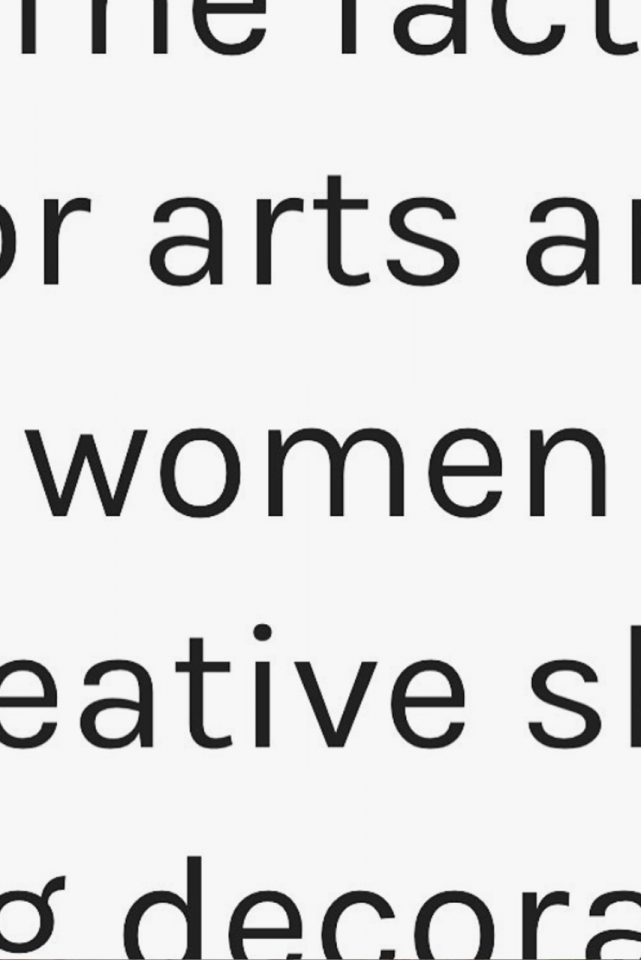 Article A*Desk, 2019
Article A*Desk, 2019 -
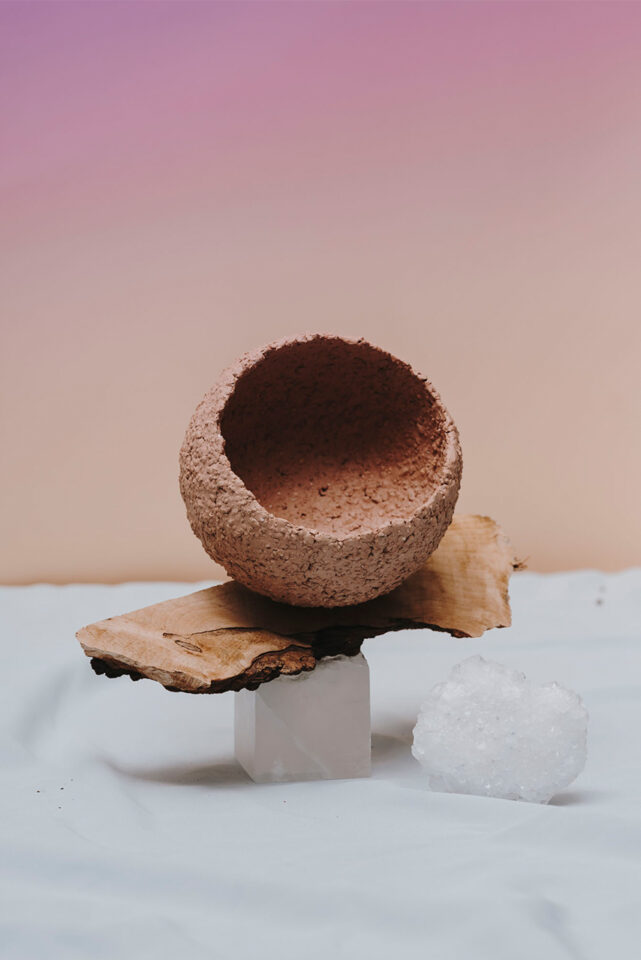 Material culture and trends, 2019
Material culture and trends, 2019 -
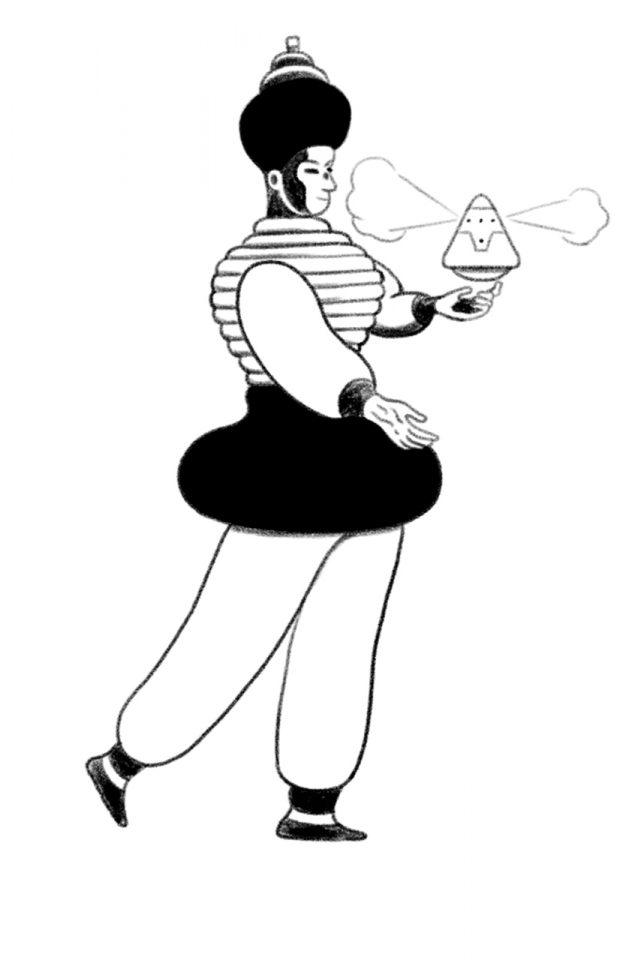 Innovation guide, 2019
Innovation guide, 2019 -
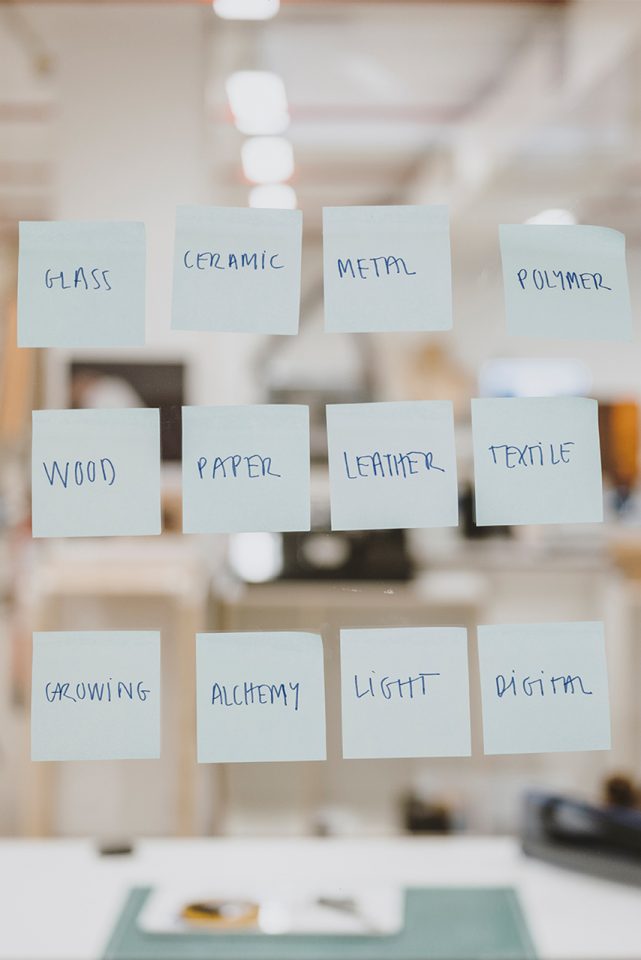 Ideation lab design, 2019
Ideation lab design, 2019 -
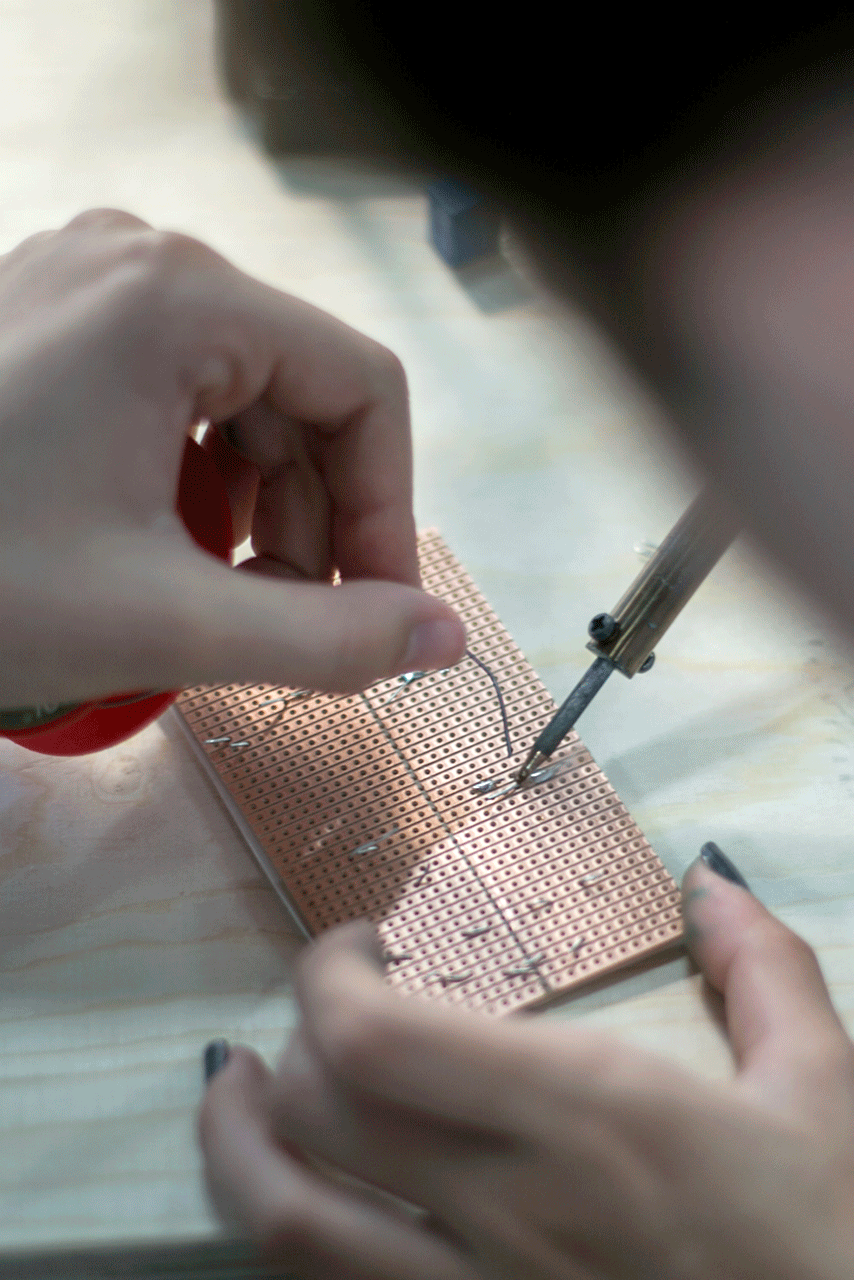 Shesteam workshops, 2018-2019
Shesteam workshops, 2018-2019 -
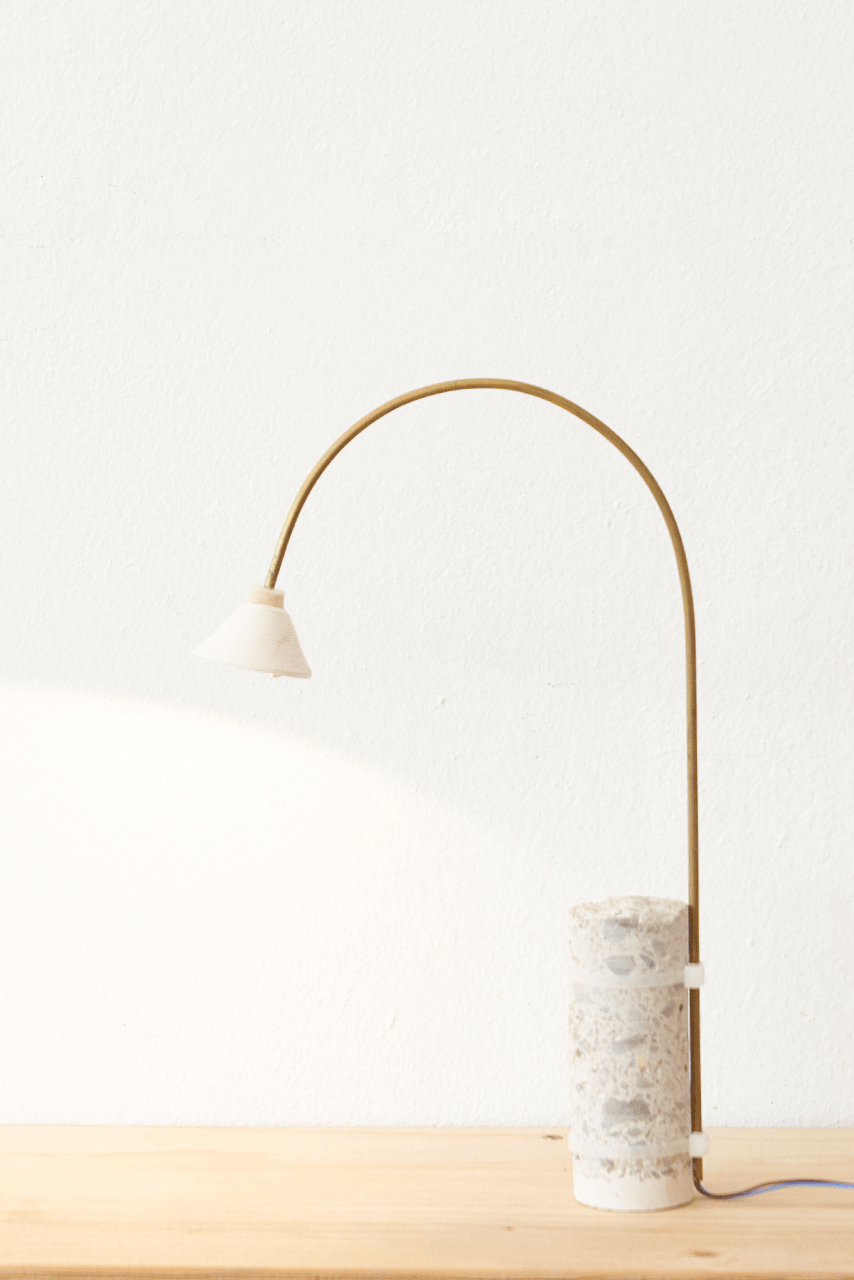 City waste lamp, 2019
City waste lamp, 2019 -
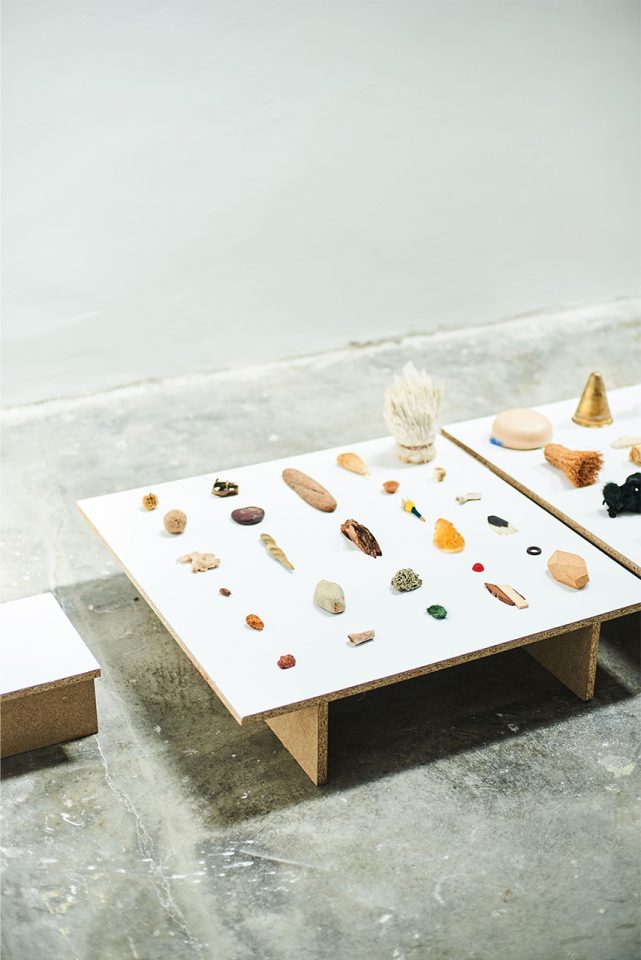 Matter exhibition, 2017
Matter exhibition, 2017 -
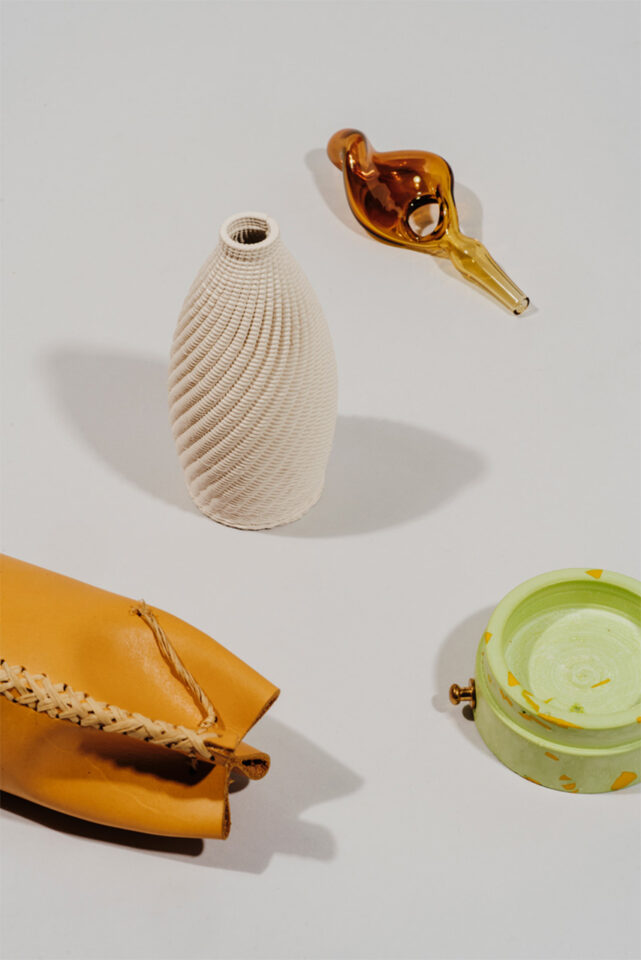 Innovation workshop, 2018
Innovation workshop, 2018 -
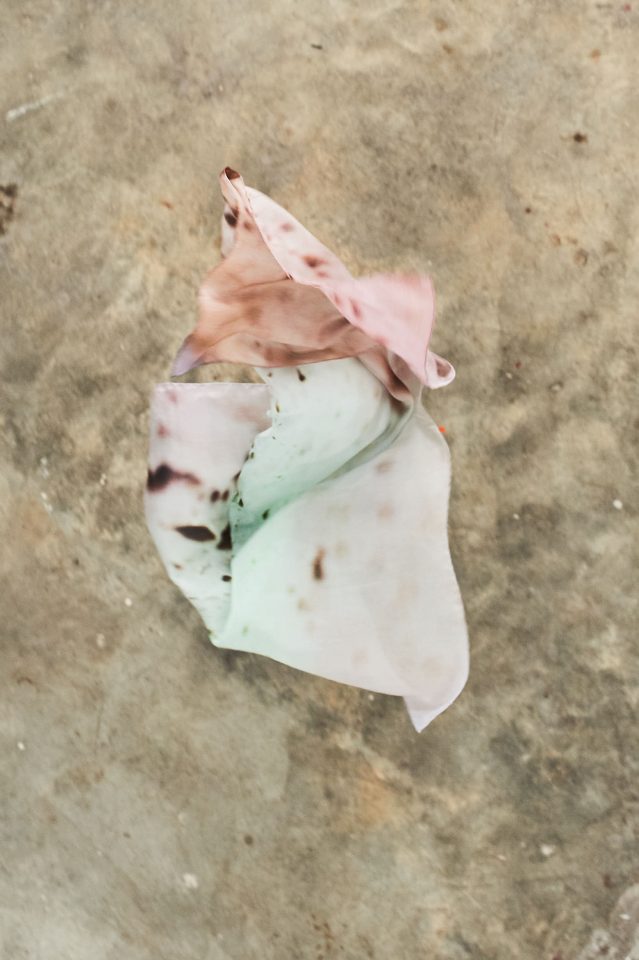 Light silks, 2017
Light silks, 2017 -
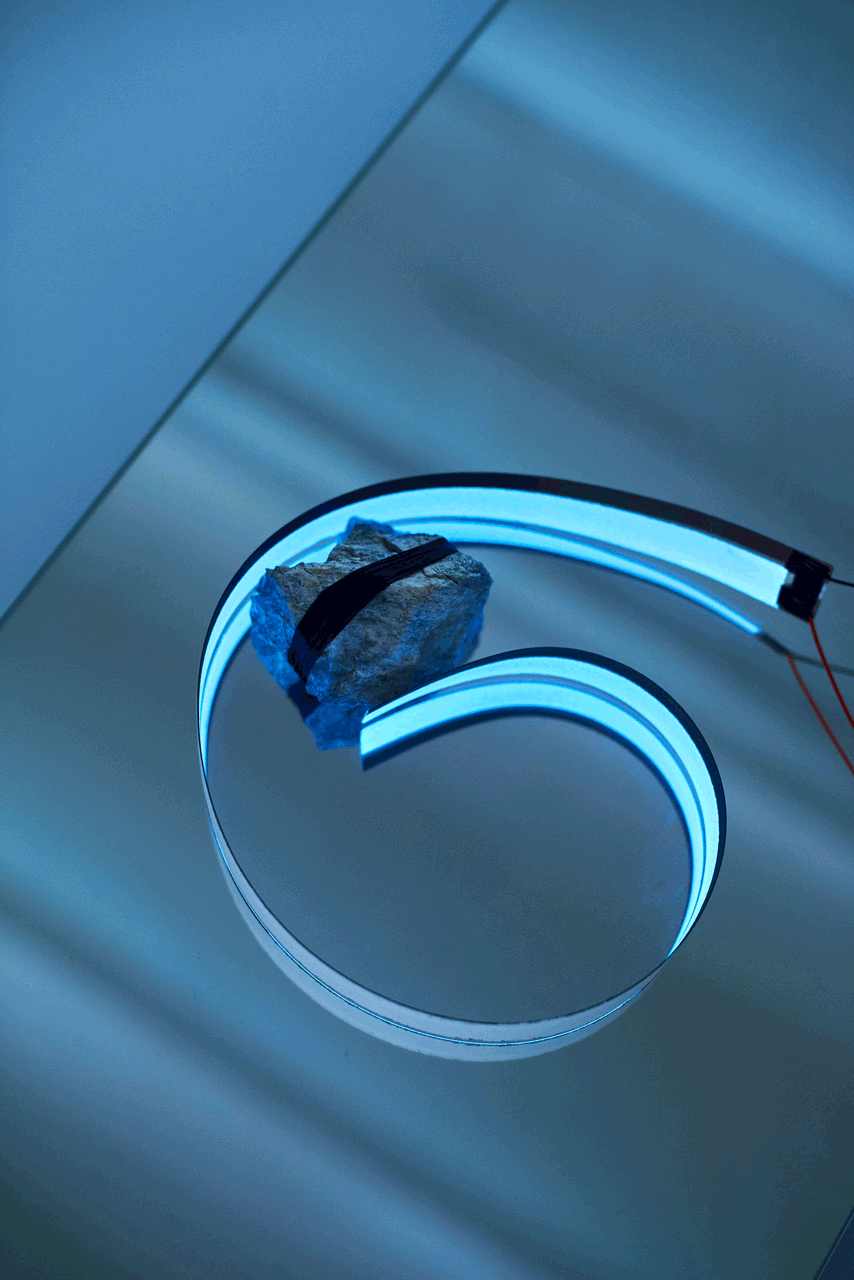 Biodegradable electronics, 2017
Biodegradable electronics, 2017 -
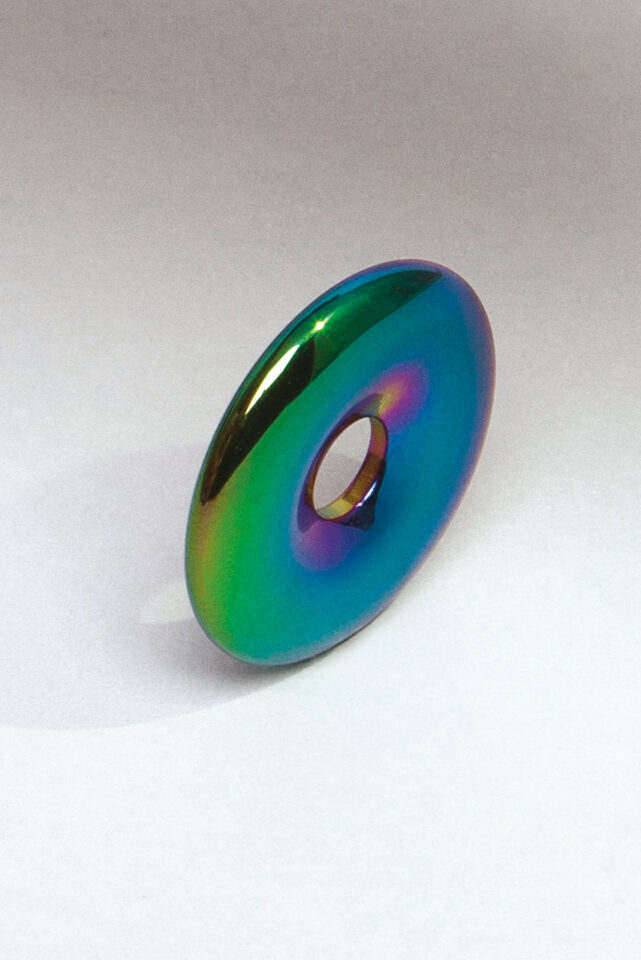 Material guide, 2016
Material guide, 2016 -
 Authorship, 2016
Authorship, 2016 -
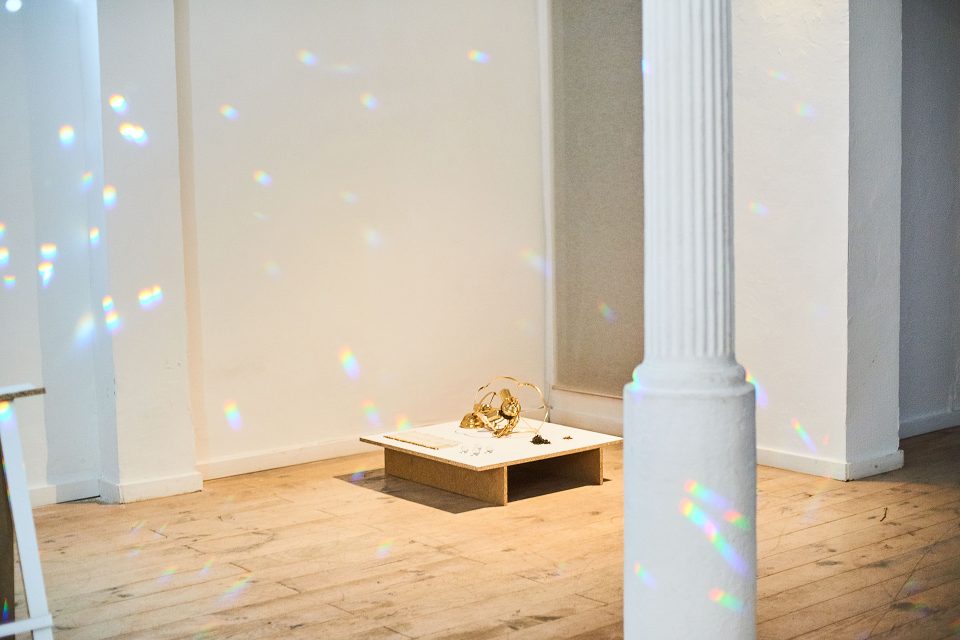 Refraction installation, 2016
Refraction installation, 2016
